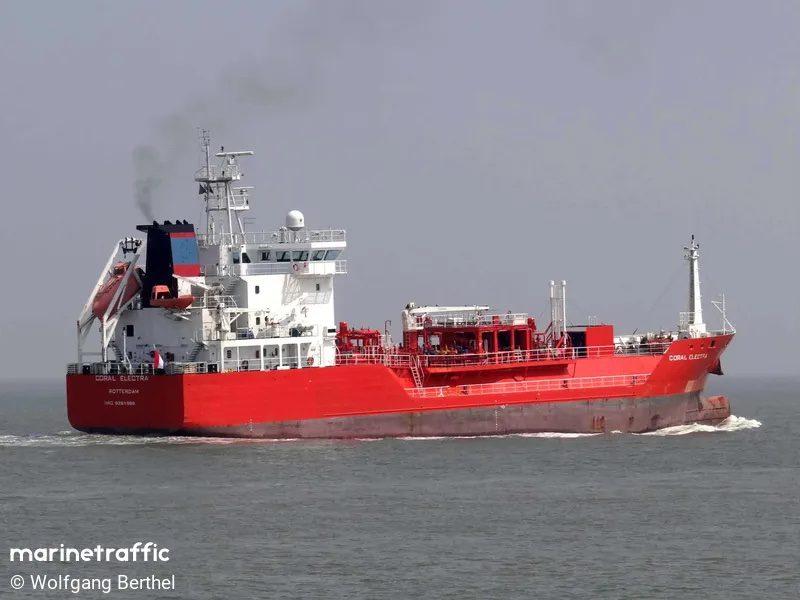File photo of a privately contracted armed guard.
Kiyotaka Matsuda and Chris Cooper
Dec. 2 (Bloomberg) — Pirates wielding rocket-propelled grenades and AK-47s have prompted Japan to ease a samurai-era ban on civilians carrying guns, allowing guards on locally registered oil tankers to be armed for the first time.
Shipping companies will be able to place security personnel with guns on the tankers when sailing through specified areas of the Indian Ocean and in and around the Gulf of Aden, where pirates have collected hundreds of millions of dollars by hijacking ships. The change in the law, which became effective Nov. 30 and only applies to oil vessels, marks the first time Japan has authorized civilians to carry automatic weapons.
The change will allow an extra level of safety for the tankers, which are already protected by Japanese escort ships and patrol aircraft on routes to the Middle East. Kawasaki Kisen Kaisha Ltd., Japan’s third-largest shipping line, aims to put armed guards provided by a U.K. company on locally registered tankers as early as this month, said Osamu Tanetani, a manager at the Tokyo-based company’s marine safety team.
“Japan has finally caught up with the international norm,” said Seijiro Morimoto, a researcher at the Japan Maritime Center, which advocated early adoption of the system. “Combining the efforts of naval operations with private security guards is the most effective way to deter piracy.”
Civilians in Japan have been barred from carrying guns, except for hunting weapons, under laws dating back to 1588, said Isami Takeda, professor of international relations in the Faculty of Foreign Studies at Dokkyo University in Soka, Japan.
Ship Hijackings
Japanese tankers registered overseas were already able to carry armed guards. Kawasaki Kisen, based in Tokyo, uses armed security personnel from a British company on its overseas- registered ships. The nation’s shipping lines have 16 locally registered oil tankers, according to The Japanese Shipowners’ Association.
Piracy has resurfaced as a menace disrupting international shipping and hurting regional economies, especially in and around the Gulf of Aden, between Somalia and Yemen. Groups using rocket-propelled grenades, AK-47s and tracking devices collected about $400 million from 179 ships hijacked from April 2005 to December 2012, according to a joint report by the World Bank, Interpol and the United Nations’ crime unit.
China, India and Japan agreed to step up coordination and cooperation on naval escorts, taking turns to arrange a quarterly schedule, Xinhua News Agency reported February 2012.
Nippon Yusen K.K., Japan’s largest shipping line, is considering putting armed guards on locally registered ships, said Koichi Akamine, a senior managing corporate officer at the Tokyo-based company. Mitsui O.S.K. Lines Ltd., the world’s largest merchant ship operator, is preparing to place armed security teams on Japan-registered tankers early next year, said Akimitsu Ashida, chairman of the Tokyo-based company.
Armed security personnel will have to disembark before entering Japan’s ports.
Copyright 2013 Bloomberg.

 Join The Club
Join The Club








